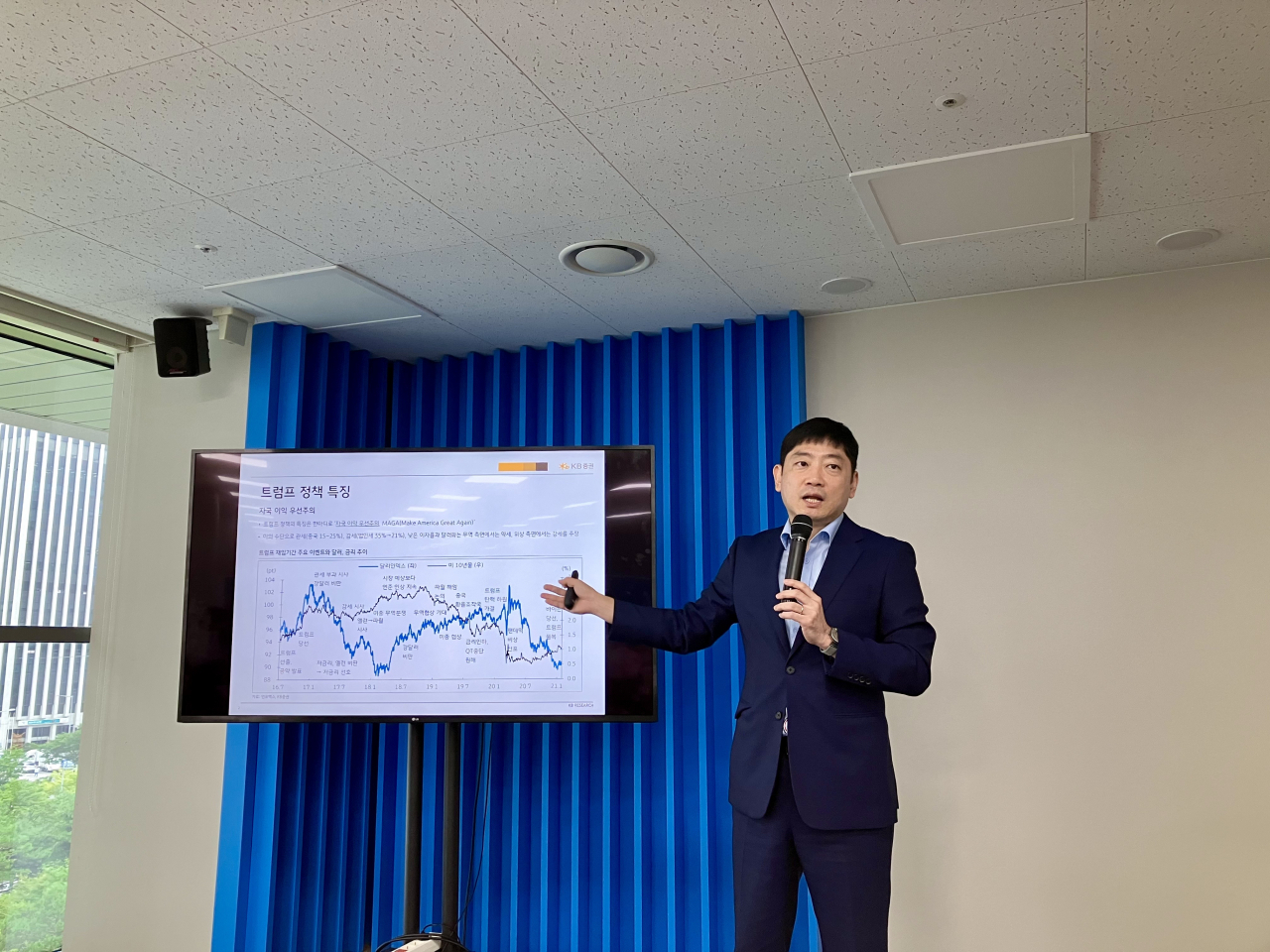
According to the chief of research at KB Securities, Kim Sang-hoon, South Korea's financial market would likely experience increased instability if former US President Donald Trump were to be reelected. Kim pointed out that during Trump's first term, market volatility was a defining characteristic, with trade conflicts between the US and China causing fluctuations in the Korean stock market. He suggested that a return of Trump to the White House could lead to a slowdown in the Korean stock market, as well as a weakening of the Korean won against the dollar due to its connection to the Chinese yuan. Kim projected that the market would slow down in the event of Trump's reelection in November, and he also highlighted the potential impact of the Value-up Program on the market. In contrast, he believed that the reelection of US President Joe Biden would result in less volatility for the Korean stock market, although he noted that Biden's administration had also raised tariffs on Chinese imports, which could have short-term benefits for Korean companies but negative long-term effects for the country. Kim emphasized that while Korea has greatly benefited from globalization, those times may be coming to an end. In summary, Kim's analysis suggests that a return of Trump to the White House could lead to higher volatility and a potential slowdown in the Korean stock market, while the reelection of Biden may result in less volatility but still poses challenges for Korean companies in the long term due to changes in global trade dynamics.
